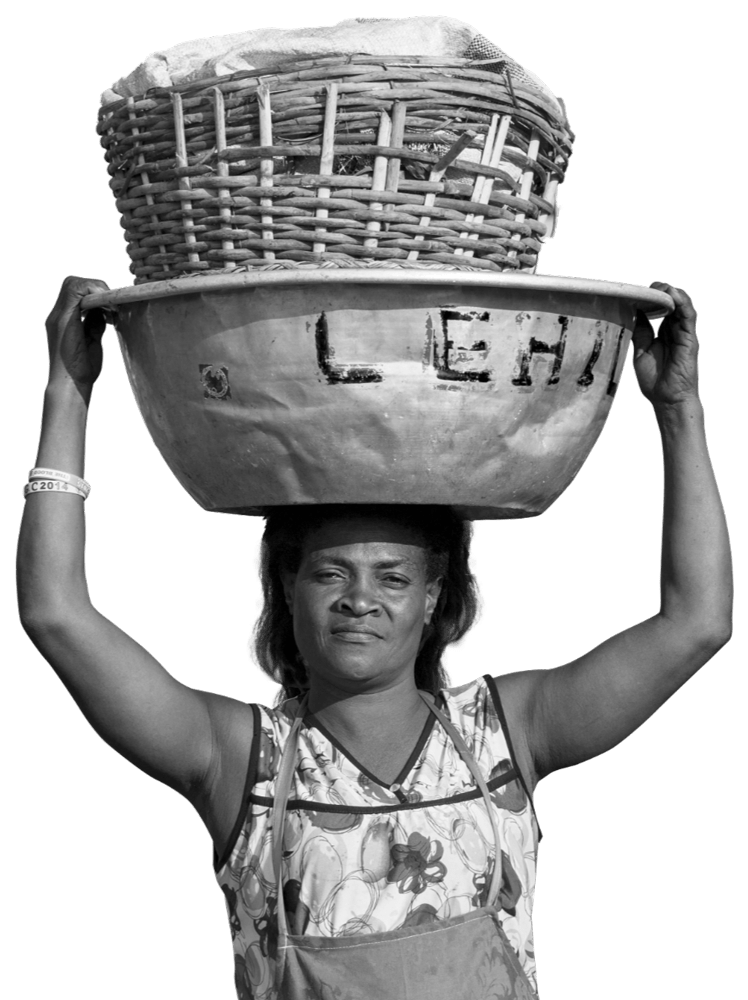Resolution 19: The Social Solidarity Economy
The third StreetNet International Congress
NOTING:
1) that in most countries of the world, categorized as underdeveloped or developing countries,
the lack of jobs is increasing at an alarming levels as a result of the adverse economic and market
policies imposed for decades by the global neoliberal system, forcing between 30 to 70 percent
of its economically active population to seek occupation in what is known as the Informal
Economy Sector, for example as street vendors or self-employed workers.
2) that the working and living conditions of most of these workers are precarious, in conditions
of poverty, extreme poverty and without any technical, financial and social assistance from the
state, and the majority in this sector are women who are breadwinners who support their
families.
3) that despite such adverse conditions, such workers maintain their working activity, avoiding
partial or total unemployment through micro and small enterprises, mostly of a family nature,
producing and offering a variety of goods and services, as well as handicrafts and basic
consumer products.
4) that this sector of the informal economy, street vendors or self-employed workers, despite the
adversities in which they work, play an important role in the economies of their countries
through the positive impact they have on indicators concerning coping with unemployment, the
GDP and social stability, to the point of forming a new economic sector that is governed by
principles and values of social responsibility, entrepreneurship and solidarity, and this is
vital to the development of democracy and economic citizenship.
5) that the richness and balance of the society are due to its diversity, and that this Social
Solidarity Economy actively contributes to it, by improving and enhancing social, communitary
and family stability, providing a model of micro and small enterprises by which the Social
Solidarity Economy contributes to a stable, durable growth, and fundamentally to the
development of democracy and economic citizenship.
6) that the values of the social solidarity economy are closely consistent with the objectives of
social inclusion, decent work, training and reintegration of disadvantaged persons (as
demonstrated, for example, by micro-credit cooperatives designed by Professor Mohammed
Yunus, Nobel price-winner, who, by facilitating financial integration has increased the influence
of women), and which provides substantial social innovation, supporting people who face
difficulties in finding their own solutions to social problems, gender equality, quality of family
life, and gives them the capability of taking care of their minor children, older relatives and
people with disabilities.
7) in general, firms in the Social Solidarity Economy are micro-businesses and small businesses
that contribute towards a sustainable economic model where people are more important than the
capital.
HEREBY RESOLVES:
Demand, work, influence states where there are organizations affiliated to StreetNet to:
1) Promote policies to defend the concept of the Social Solidarity Economy as a “different
approach to business,” whose main aim is not only financial return, but also, and even more,
benefits for society as a whole so that the special nature of the Social Solidarity Economy is
taken into account in the drafting of legal frameworks;
2) Include the Social Solidarity Economy, its members and partners (cooperatives, mutual
societies, associations, and others) in its legislation and policies, implement easy access to credit,
tax benefits, development of micro-credit, technical assistance and social security as well as
incentives to better support organizations of this type created with a social purpose;
3) Support the members of the Social Solidarity Economy as a real investment in building
networks of solidarity that can strengthen the role of communities and local authorities in the
development of social policies, democracy and economic citizenship;
4) To promote local competitiveness and capacity for innovation, taking into account the
potential of the Social Solidarity Economy to create stability in a context of predominantly
cyclical economies, through the reallocation and reinvestment of profits at local level, promoting
a new corporate culture, linking economic activities to local needs, the maintenance of risk
activities (eg handicrafts) and social capital generation;
5) Develop programs for members of the Social Solidarity Economy, existing and potential, to
offer them financial support, information, advice and training to streamline the process of
creating and formalizing them, in order to help them cope with an economy increasingly
globalized that is now affected by a serious cyclical global financial crisis;
6) To organize programs to promote experimentation with new economic and social models and
research framework programs, the inclusion of issues related to the Social Solidarity Economy in
calls for proposals, as well as providing for the use of a “multiplier” applied to official statistical
data, and the introduction of instruments of qualitative and quantitative measurement of the
growth and development of the Social Solidarity Economy;
PROPOSED: CTCP Nicaragua
SECONDED: SIVARA, FUTJOPOCIF, FOTSSIEH, FNOTNA, FEDEVAL, FUTRAND



